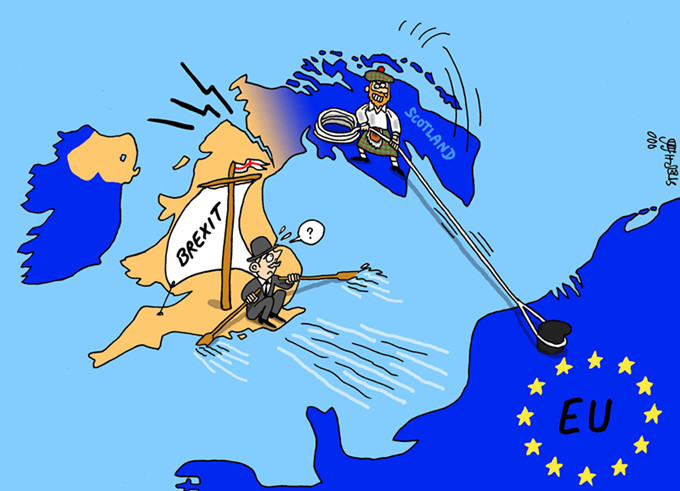Australia taking yuan step at a time
Australian Prime Minister Julia Gillard's visit to China in April was of immense importance to her personal standing, the country's foreign policy and the future of Australia's economic relationship with China. China's relationship with Australia as export destination, source of import and trading partner has grown by leaps and bounds, and despite the occasional public relations skirmish, bilateral investment ties are pretty healthy too.
The highlight of Gillard's visit was the announcement of the convertibility of the Australian dollar into the Chinese yuan (or reminibi). This is good news for Australian exporters - especially small and medium-sized enterprises (SMEs) - which unlike Rio Tinto and Woodside don't have a large enough capacity to hedge on currency.
The number of such companies is not insignificant. According to new Australian Bureau of Statistics figures, nearly 5,300 Australian companies export goods to the Chinese mainland with another 5,024 exporting to Hong Kong (mainly as a base for the mainland market). This dwarfs most European destinations and even Northeast Asian giants Japan (2,773 exporters) and the Republic of Korea (2,187). When one adds the 3,000-plus Australian companies that have an office on the mainland, the importance of Gillard's announcement increases manyfold.
According to Sensis, more Australian SMEs export to China (and ASEAN member states) than to Europe, so the Chinese market is very important for them. Much will depend on the Chinese financial services sector's development - and Australian companies like ANZ, Macquarie and AMP are helping in this regard - but the convertibility move is a good first step on the long march to seamless economic ties between Australia and China.
The other main issue of Gillard's visit was a free trade agreement (FTAs) with China, which has been at the negotiation stage for nearly a decade. While FTAs with China incite passions in countries like the United States, Canada and the ROK, in Australia the response has been relatively benign.





















